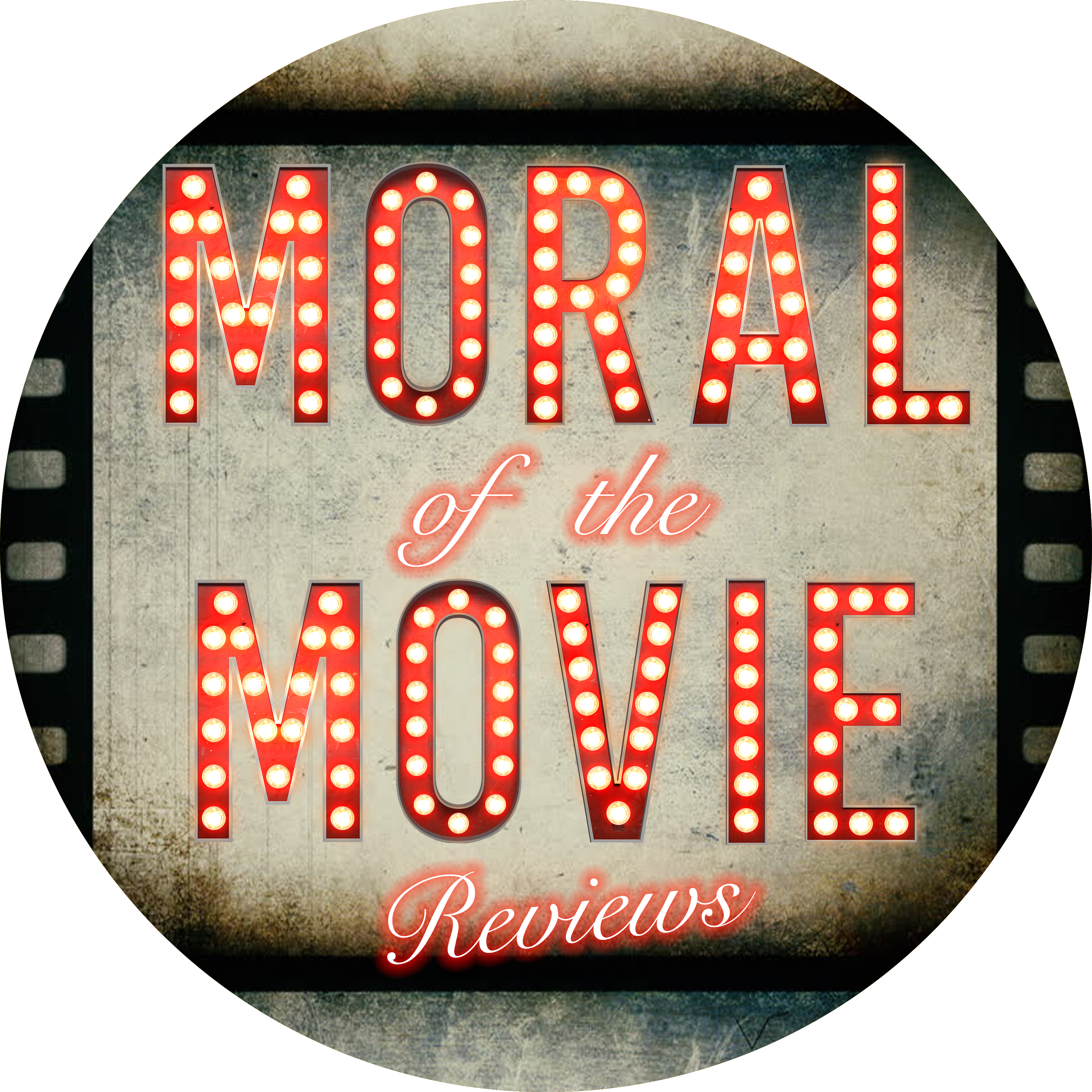
Moral of the Movie - Review
Gone Girl (2014)
Mystery/Thriller, Directed by David Fincher | Rating: Friends with Benefits | Published: Sept. 2, 2022, 11:57 a.m.

|

|
MORAL OF THE MOVIE
Things aren’t always what they seem, but the media has a very adept way of framing certain narratives in a black and white manner. Moreover, media and society put people under certain limitations/roles solely based on their gender identity despite the fact that everyone has equal capabilities regardless of gender.
WHO I THINK WOULD MOST ENJOY THIS MOVIE
Any fans of the slow-burn mystery thriller will especially enjoy this film. If you have liked any of Fincher’s detective thrillers (Se7en, Zodiac), then you will surely be part of this film’s target demographic. Also, this film is like the suburban version of Martin Scorsese’s Shutter Island (2010), so you’ll be thoroughly entertained if that combo intrigues you.
ADDITIONAL NOTES/COMMENTARY
Happy International Women’s Day! I could have reviewed a more obvious choice for the special occasion like Hidden Figures (2016), Wonder Woman (2017), Little Women (2020), etc. While they are all great and highly recommendable films, their feminist message is more straightforward, and I think it’d be more interesting to tackle a film with a less obvious expression of feminism and equality: Gone Girl (2014). To put it simply, it’s a supremely well-done mystery thriller. Fincher (Se7en, Fight Club, Zodiac, The Social Network) is at his finest here. Tension is quickly established with the first line of the movie. From that point on, the movie just plays with its audience as much as the media manipulates its viewers in the film. The two words that best summarize this thriller are: audience identification. The film plays with its audience’s sensibilities to quickly label women as victims and men as victimizers. It’s a modern retelling of Hitchcock’s Psycho (1960) in a way that showcases the power of media while still carrying a feminist message that may or may not be super apparent at first. I won’t go into spoilers (for more details with spoilers, check the next comment), but I’ll leave you with this question: can a message of equality be portrayed by showing all sorts of capabilities (ie. benevolent and malevolent)? In my opinion, yes. And that’s what this film does… SPOILER-FILLED Notes/Commentary: Gone Girl (2014) features a strong identification with Amy Dunne in the first half and suddenly switches over to Nick Dunne when Amy is revealed to be framing the entire ordeal. Gone Girl (2014) has us identify with a woman who seems to be the victim in the beginning because the first half of the film mainly features the framed narrative that she is portraying in her journal. This puts the audience in the shoes of the masses and represents the expectations that are set for women as victims. The first lines suspiciously involve Nick mentioning how he thinks of killing Amy while he caresses her head. Talk about a primed narrative! This manipulation of audience identification directly mirrors the media’s manipulation of the masses with the narrative that they were pushing in the film. Amy quite literally victimizes herself and does so in a manner that befits the common trends of the partiarchal society we live in. To everyone other than Nick and his close circle, Amy represents the ultimate woman who fulfills and fits within the gender roles set in place by society and propagated by the media. Additionally, Gone Girl (2014) both features and subverts a common motif in many Hollywood films: male aggression against women. The film features that as part of Amy’s framed narrative, but we then see her literally kill a man and embody female aggression on men. In doing so, Fincher flips the script of what we’ve become used to in terms of the portrayal of women solely as victims. In this way, the film is presenting a twisted message of female empowerment that says “women aren’t just victims; rather, they also have the capabilities to be the victimizers.” Therein lies the unexpected expression of feminism and equality that women are equally capable at doing everything that men have been credited for including but not certainly not limited to framing other people for crimes they didn’t commit and killing.
Sign Up For Updates!
Never miss the opportunity to learn a moral from film, television, and video games again! Submit your name and e-mail to receive updates whenever a new post is published!
Subscribe to the newsletter!